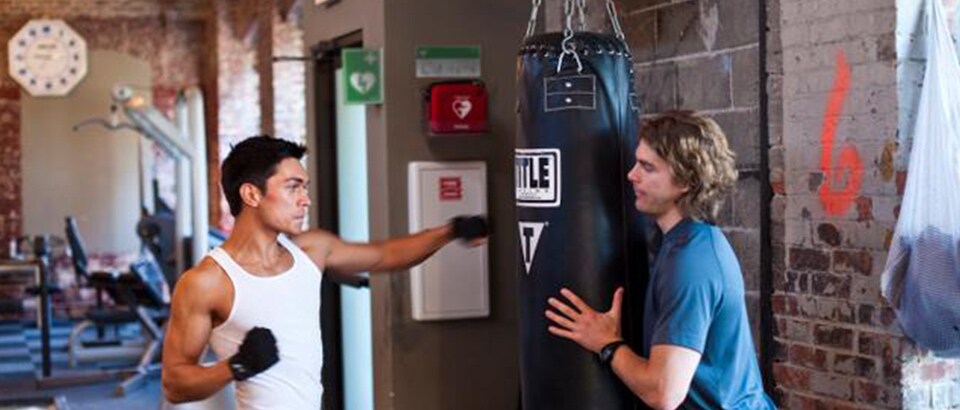When You Exercise... Do it wisely
Physical activity is a major contributor to a healthy lifestyle, becoming physically active is a choice that has many benefits to your heart and cardiac health. Although, from time to time we hear about someone who suffers from an abnormal heart rhythm that suddenly caused their death while exercising. That is the result of exercising incorrectly, not only can it lead to injury, but it can also increase immediate risk for heart attack and sudden cardiac arrest.

In this article, we are going to clarify all the precautions that you need to follow to avoid cardiac arrest during exercise: Take the decision to build your own body and maintain a healthier heart, you have to make this commitment to yourself and honor it, it doesn’t take a lot of effort, all you need is consistency. References:
Trained staff: The staff must be trained and ready to provide first aid treatments in an emergency situation.
They must have a basic knowledge of CPR Technique.
Read more on how to conduct good CPR in this article “Cpr … Your Way to Save Lives”
You Must have an AED (automated external defibrillator) Making sure your GYM has a defibrillator
can mean the difference between life and death. Read more on Why Aed (automated external defibrillators)
are so important in gyms, in the article titled “A surviving shock”
Pay special attention to any discomfort you may feel during exercise. It is normal to feel a slight soreness
the day following your first or second exercise session, this soreness should disappear in a day or two.
However, if you experience any sudden pain while exercising, stop the exercise until the pain source is discovered.
People who die suddenly during exercise, frequently have warning symptoms of heart disease such
as pain in the chest and shortness of breath which they ignored, and choose to continue exercising
rather than to seek medical advice and consult their doctors.
If you are a cardiac arrest survivor, over age 50, or if you have a family history of heart disease
at an early age, you have to consult your doctor and undergo cardiovascular screening before
you start any exercise program.
Be careful with your choices of exercise and understand their technique. Mistakes lead
to injuries that can take a long time to heal.
Start slowly and progress gradually. It’s important to understand that the results you aim for won’t
come through in a couple of weeks, there are limits to how much stress the body can tolerate.
“Trying to do too much too soon might just set yourself up for failure,” Steve Ettinger says.
After a workout, let your body recover and don’t overload it with another effort too fast.

